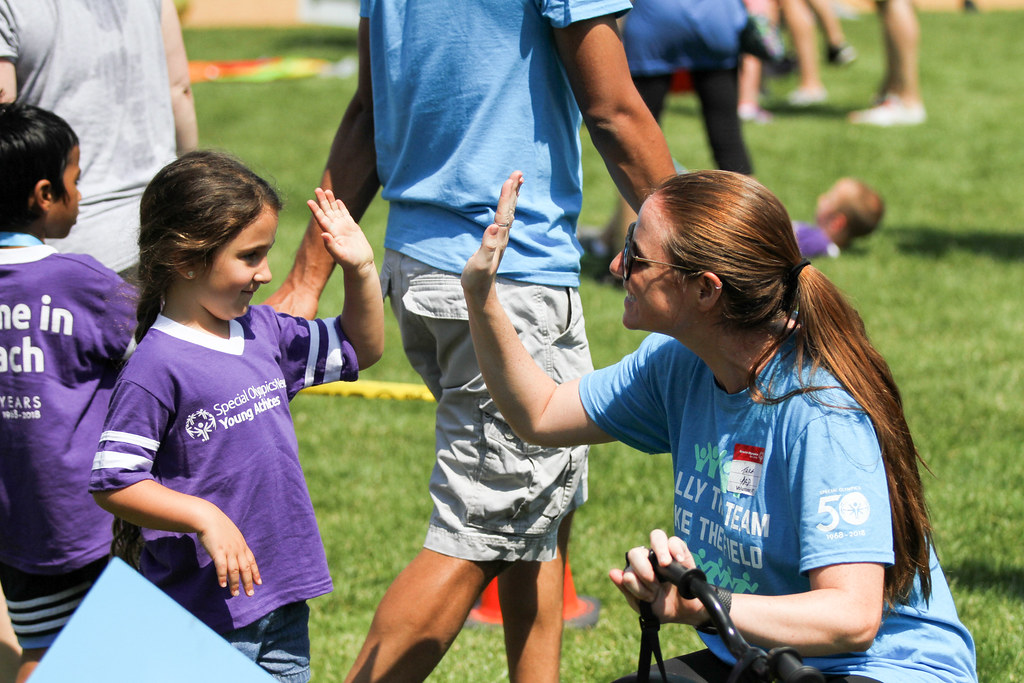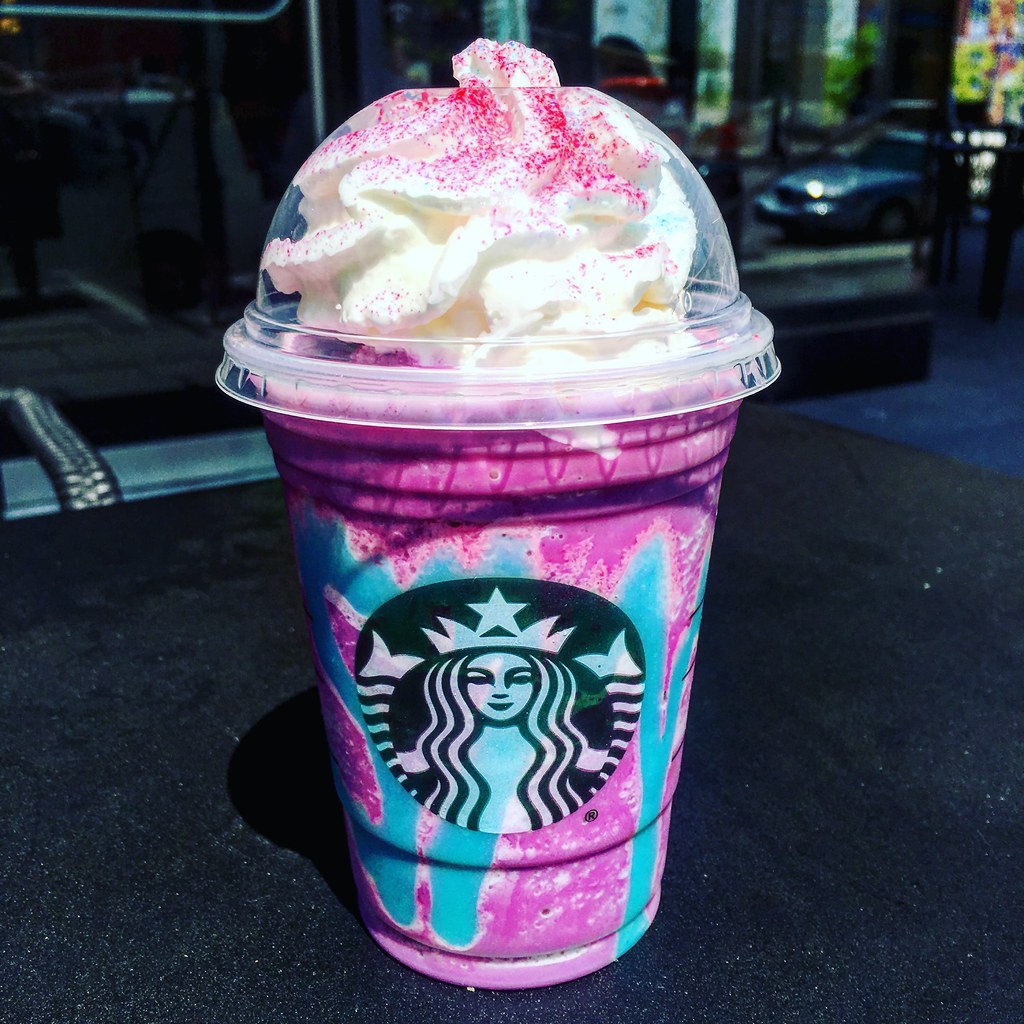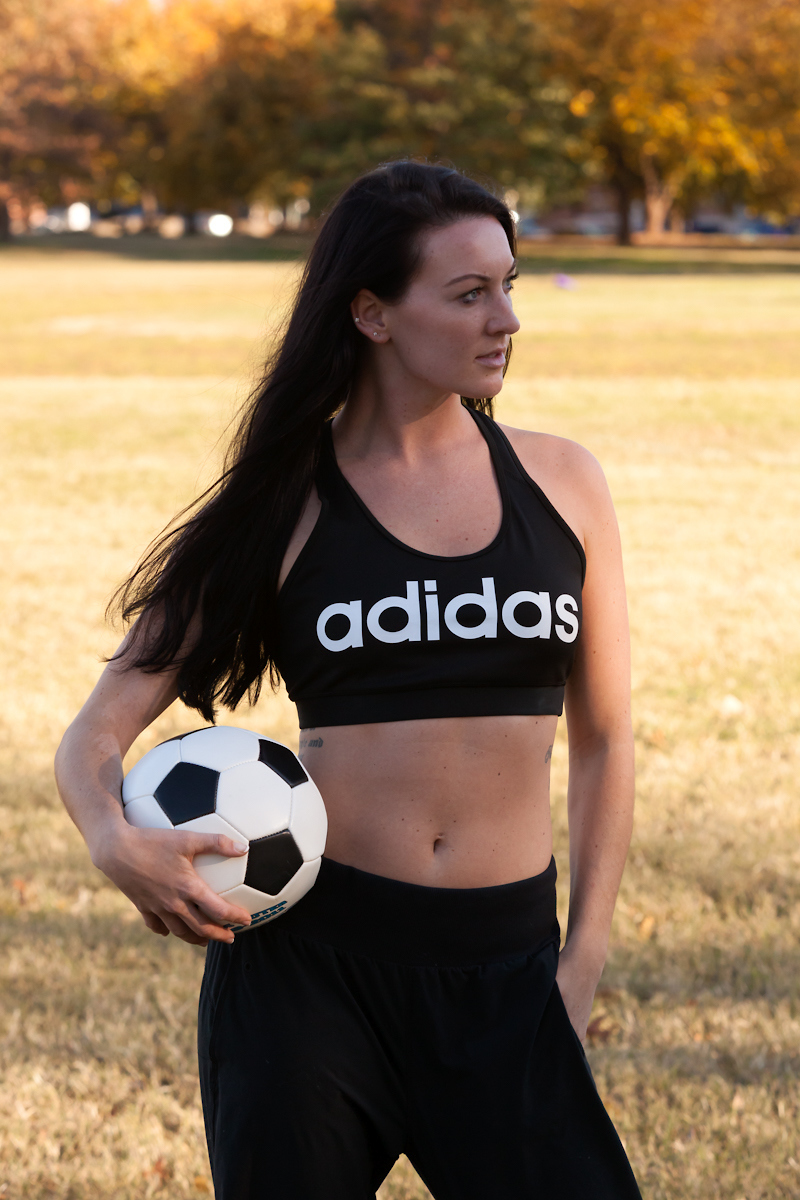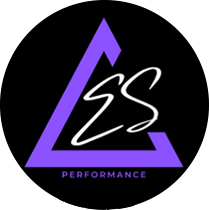
13 Feb Just Because Training Looks Hard Doesn’t Mean It’s Good For Your Child
I’m far, far from perfect, and I’ll be the first to admit I’ve made a rolling list of mistakes in my lifetime.
For one, I never signed up for Amazon Prime.
Two, I was a basket case of stress while getting my Master’s Degree and working full-time.
And three, I never tried the Unicorn Frappucino when it hit the market for just four days.

Alas, I’m human and am not bulletproof from making my fair share of mistakes.
Of course, some have been more catastrophic than others, and oh, the Unicorn Frappucino can wait. Thankfully, the world didn’t end there.
Anyway…
The one mistake I made as a trainer early in my career was so horrendous, so embarrassing that I look back now, and think, ‘what the actual hell?!’
So what was it?
I gave sports parents what they needed, instead of their youth athletes.
Yeah, you heard me: as a 22-year-old-newbie-trainer with parents breathing down my neck, standing within ear-shot as I coached their 8-year-old kid, I felt pressured to deliver a session similar to Barcelona.
Did I think about the unique learning behaviors of a pre-adolescent athlete?
Did I take into account the importance of learning motor skills?
Did I ensure the kid had a blast?
Did I program with careful periodization based on growth spurts?
Did I lean into creativity and come up with drills that were fun and elicited the same physical result?
No.
Simply, I felt pressured to please the parents, and ignored all science on youth motor skill learning and physical development.

And now?
I’ve learned from the past and have decided to give kids what they need: fun, long-term physical development with a variety of movement and situations.
Sure, I can do what every “guru” youth soccer skills trainer blasts on Instagram: structured, staged skills drills, with a running commentary of coaching cues, and no real teaching or promoting of problem solving and right-brained thinking.
No fun. No creativity. No free play. No task-oriented games.
Parents are spending $80-$100 an hour on toe taps on the ball, social isolation, an adult barking orders, and rehearsed skills.
Excuse my Dutch, but this is so freaking far from the game and the transfer to the spontaneous decisions made on the pitch.
I mean, look at this, for example, a common obstacle of drills through rings and cones that flood across social media:
It concerns me if soccer trainers watch the game. Do they tune into EPL on the weekends? Do they watch the Champions League? Do they realize none of this transfers to the way the game is played?
Alas, I digress.
Just like me when I started out, they feel pressured. They feel pressured to deliver a flashy service that makes parents “oooh” and “ahhhh.” They feel pressured to make training look like novelty. They feel pressured to deliver “innovation” at the expense of true development.
But when we return to our “why” of why we began coaching in the first place, it’s to get kids better at the game.
Just because a training session looks “hard” or fancy, doesn’t mean it’s good for the kid.
And just because a training session looks like a blast, doesn’t mean work isn’t getting done.
Take a fun, childhood game like Capture the Flag, for example. There is so much athletic development benefit going on here:
– Conditioning
– Reactive Agility
– Teamwork and Strategy
– Spatial Awareness
– Balance
– Coordination
– FUN
And these are all things that full field suicides can’t accomplish for young athletes.
And shoot, what 8-year-old wants to do full field sprints?
Moving on…
Parents, I’m looking at you now. Don’t sign your kid up with a trainer because it looks harder than what the next door neighbor is doing.
And don’t sign your kid up with a trainer who barks at them the full hour.
The last thing you want is for your child to have a bad taste in their mouth later in life when it comes to fitness.
If your child is sweating, red in the face, yet smiling with a beaming smile at the end of a session, keep that trainer.
Fun and intensity are totally possible, and should be easy for youth trainers to accomplish, if they truly understand child development, mentally, socially and physically.
So before I go, let’s dive into some fun games for kids that have immense transfer to sport:
1. Dodgeball: reactivity, agility, teamwork, scanning, hand-eye coordination
2. Capture the Flag: reactivity, agility, teamwork, anaerobic conditioning
3. Balance Beam: balance, coordination, spatial awareness
4. Rescue: strength, speed, teamwork
6. Doors: reactivity, coordination, conditioning
7. Obstacle Course Training: conditioning, balance, coordination, spatial awareness
And beyond the myriad of physical development benefits and motor skills embedded in these games is fun.
After all, the point of youth sports is pure joy.
End of story.


No Comments